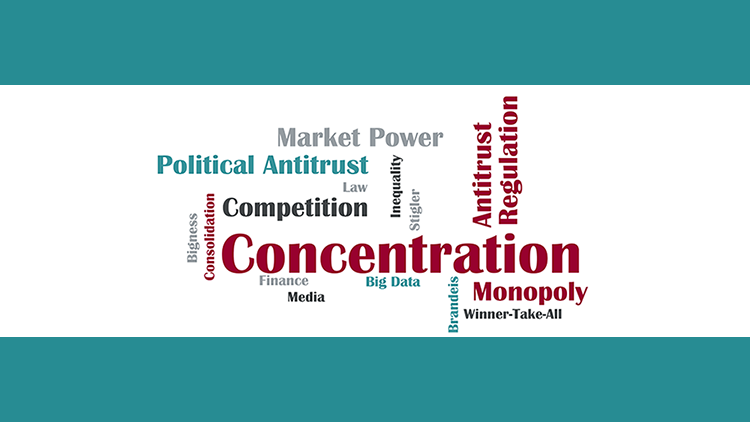Courts often say, as a truism, that “antitrust protects competition, not competitors.” While today’s antitrust critics focus on non-competition values like income distribution, most antitrust cases involve the same market-power issues — and in the worst cases, monopoly power — regardless of the industry involved. Whether it’s media content distribution (AT&T/Time Warner), smartphone operating systems (EU v. Google), long-distance telecommunications (U.S. v. AT&T), or computer operating systems (U.S. v. Microsoft), the animating principle of antitrust law and policy has long been to prevent competition distortions arising from the acquisition or abuse of market power.
Judge Richard Leon found, after a full trial he termed an “epic battle,” that AT&T’s vertical integration into programming content would not create anticompetitive market power. EU Competition Commissioner Margrethe Vestager, on the other hand, concluded that Google’s share of smartphone operating systems gave it market power that Google did use to hamstring rivals and boost its own Android apps. Likewise, in classic U.S. monopolization rulings, the courts found that the former Bell System AT&T had abused its market power in local telephone service to stifle long-distance competition, and that Microsoft had exploited its power in the computer OS market to prevent competition from nascent “cloud” services offered by Netscape.
Market power is the fundamental issue in what antitrust experts call “Section 1” cases: agreements among competitors in the same market. The point here is that collective market power gained by coordination of horizontal competitors affects price, quality, service and innovation. Antitrust policy seeks to preserve all these values by prohibiting anticompetitive agreements among rivals. This kind of antitrust action is applicable to a broad array of industries and practices, from vitamin price-fixing to government contract bid-rigging. Regardless of political philosophy or enforcement agenda, antitrust regulators worldwide agree that practices insulating competitors from free-market price competition is the most dangerous form of market power.

This shared principle has important implications for the role of antitrust policy in the some rapidly changing industries, including the music industry. We all recognize that the sale of music recordings has been radically transformed in the past 15 years by digital technologies like MP3 players and online streaming. Those changes, however, affect the market for sale of music to consumers, not the licensing of music performance rights by businesses. In that very different market, two large rights-holder collectives — ASCAP and BMI — control nearly all music compositions (97%) and set a single performance rights price for all licensees.
Standing alone, that would be classic, per se unlawful price fixing. But these two so-called Performance Rights Organizations (PROs) serve a procompetitive function as well, reducing the transaction costs of acquiring performance rights by offering a one-stop, centralized service for licensing. In the absence of federal legislation, balancing the plain anticompetitive effects of collective pricing with the efficiency-enhancing role of joint licensing has for decades fallen to the antitrust agencies, principally the Justice Department.
The over 70-year-old ASCAP and BMI antitrust consent decrees prevent the abuse of market power by permitting joint pricing only if certain safeguards are maintained, including price transparency and non-discriminatory licensing. While the PROs argue that large music streaming services like Pandora and Spotify have the power to negotiate on their own and should be exempted from the antitrust protections of the consent decrees, their proposals would negate the role of antitrust in constraining horizontal market power. Where firms hold market power, they can be regulated by legislation or controlled by antitrust law.
If Congress were to step in and establish a regulatory regime governing music performance rights licensing, it could overrule the ASCAP and BMI antitrust consent decrees, just as the 1996 Telecommunications Act overruled the earlier U.S. v. AT&T telephone consent decree. It makes no sense — and would flatly contradict the fundamental role of antitrust in constraining abuse of market power — to jettison those decrees without an appropriate regulatory framework to replace them. That should be as evident to conservatives looking to roll back administrative agency powers as it is to populists and progressives advocating more antitrust enforcement.
Constraining market power is a hard job, but someone’s got to do it. It is a solid principle no one should disagree with, regardless of politics.
Originally prepared for and posted with permission of Real Clear Policy.


